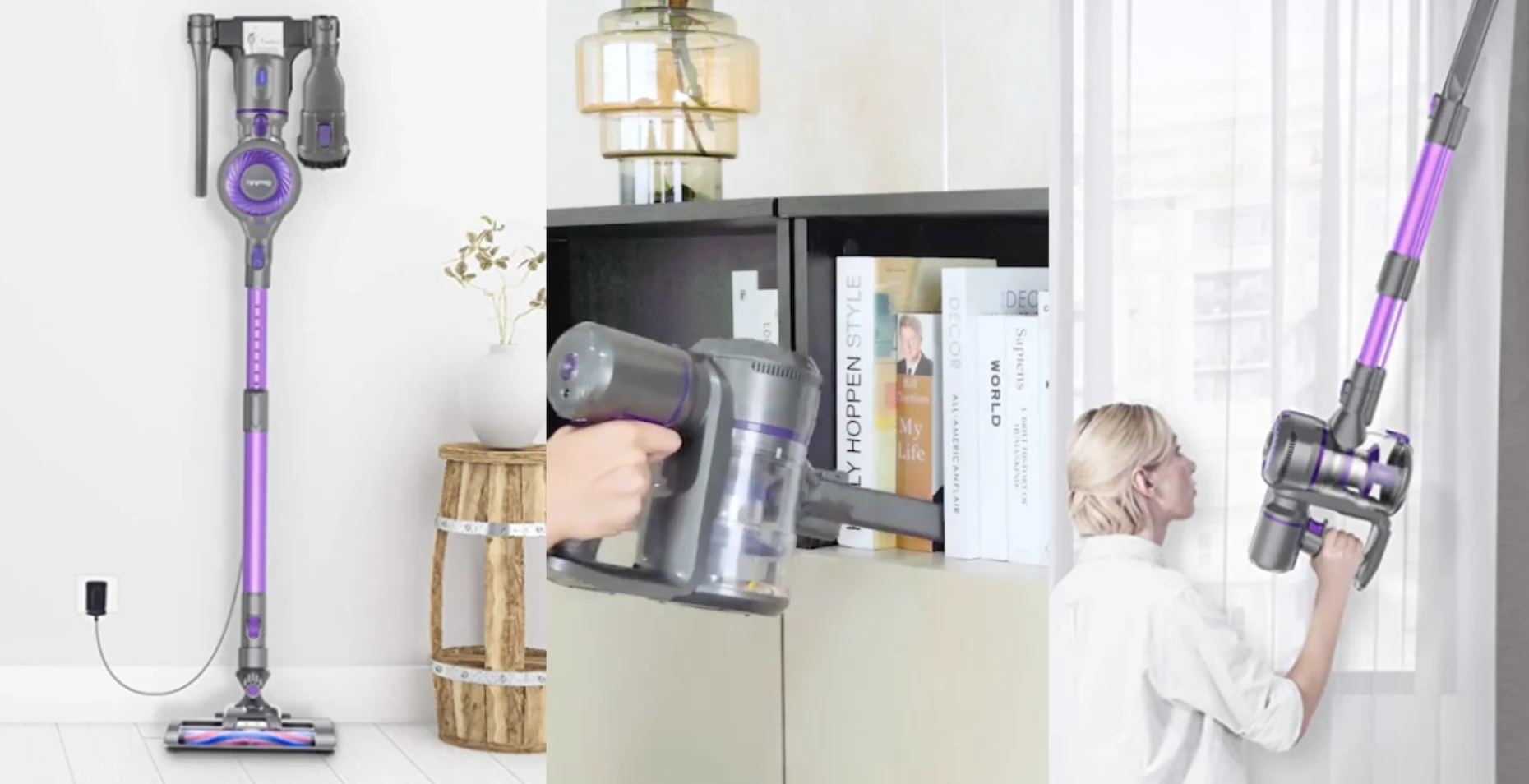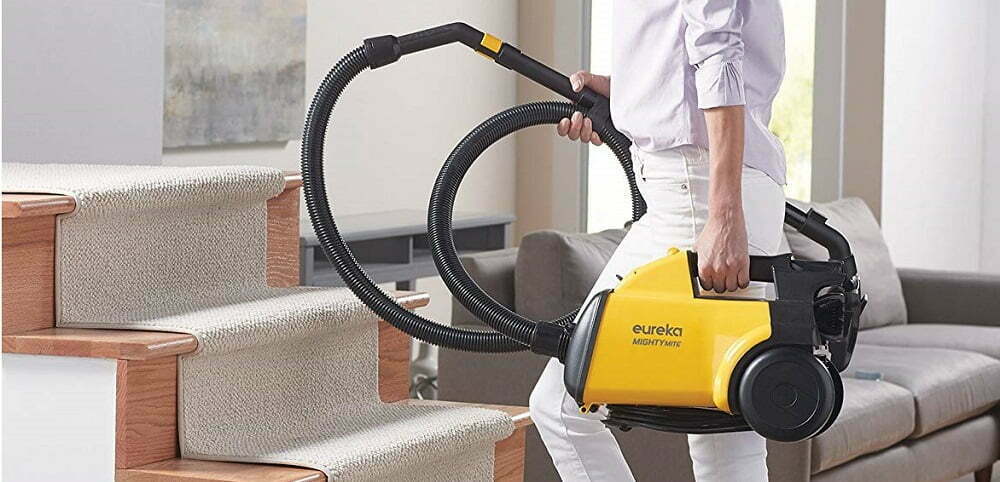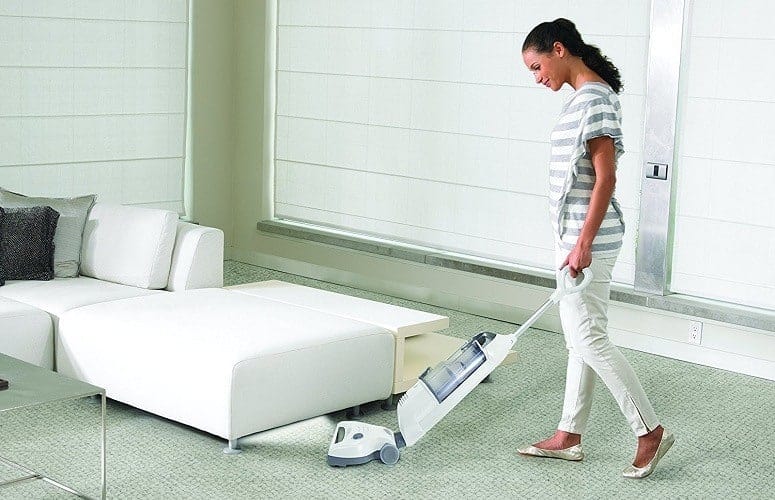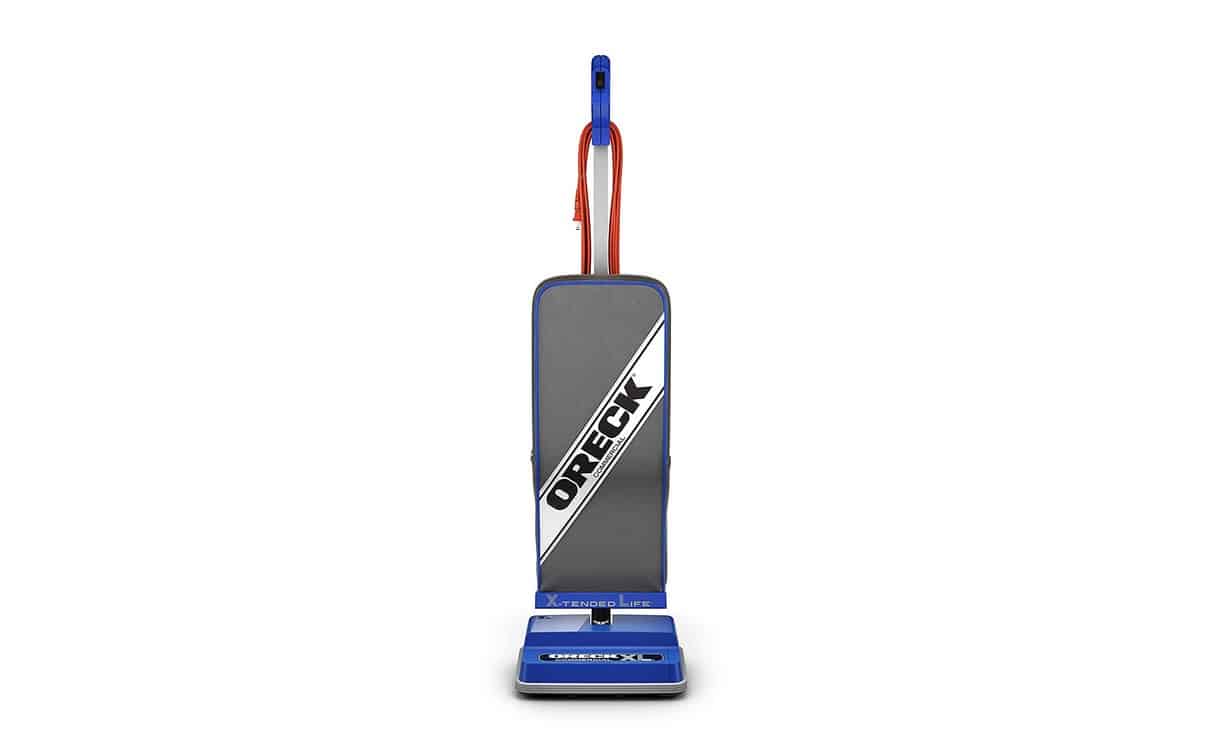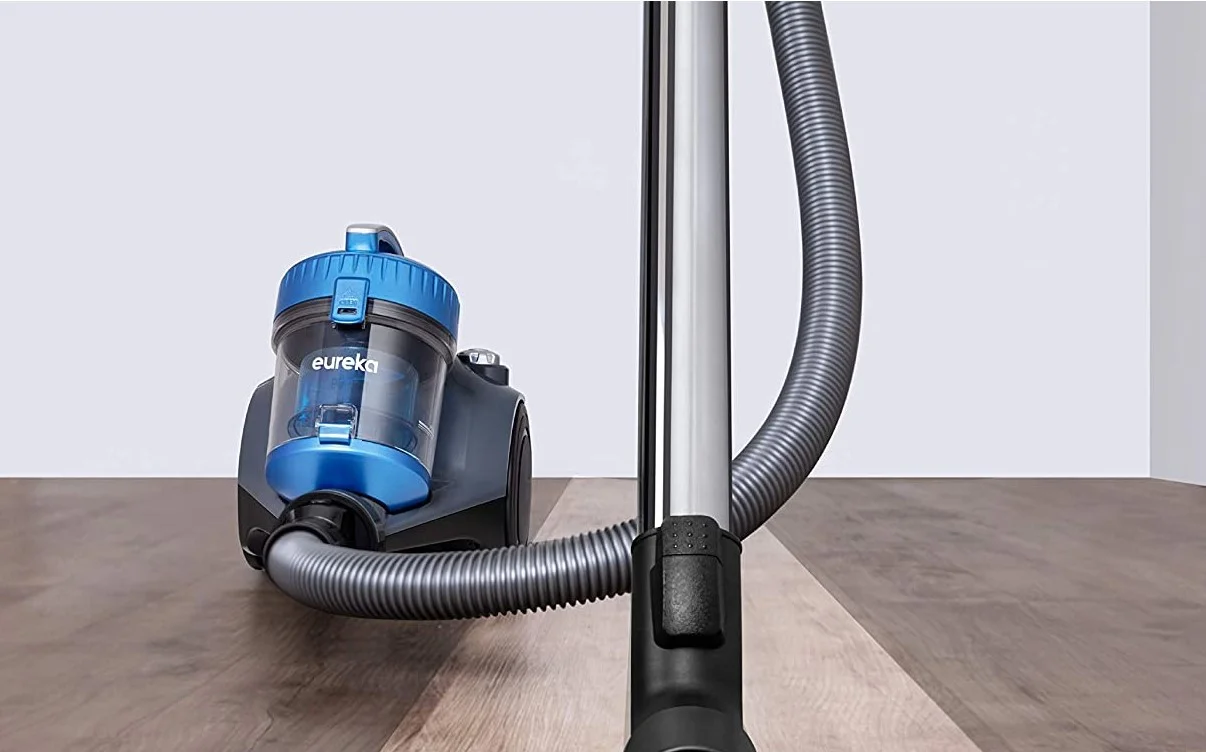Although there are lots of popular vacuum cleaners, knowing how to get algae out of a pool without a vacuum gives you more tools to use in the fight against all types of algae. Every pool owner needs as much help as they can get if they fall victim to algae growth. No matter what type of pool you have, this information will be of use.
KEY TAKEAWAYS:
- There are several types of algae, so you need to make sure that the type of algaecide you use is formulated to deal with your specific algae bloom.
- Pool shock is excellent for getting rid of algae as well as keeping your pool fresh and functional.
- The best method for getting rid of algae is preventing it from growing in the first place, so it’s important to keep up with regular pool maintenance.
How To Get Algae Out Of A Pool Without A Vacuum
Learning how to get algae out of a pool without a vacuum is deceptively simple. But, there’s nothing wrong with using a vacuum. As long as you know how to maintain it and do minor repairs like fixing the vacuum hose, unclogging the hose, and so on. Two main methods work for almost every pool type.
Insider Tip
Learning how to get algae out of a pool without a vacuum is deceptively simple.
The Signs Of Algae Blooms
Algae blooms float on top of your pool, and usually look like a foamy film or scum but can be more translucent. Sometimes they even look like smears of paint. This is a sure sign that you have a bloom forming, and it’s time to act fast. While little bits of algae here and there aren’t too harmful, early removal is key to prevention.
Types Of Algae
There are multiple types of algae out there, but no algae is better than dead algae. Make sure that the treatment you choose matches the type of algae that you’re fighting:
- Green Algae
- Black Algae
- Yellow Algae
Insider Tip
Algae blooms float on top of your pool, and usually look like a foamy film or scum but can be more translucent.
Using Algaecide Treatments
While preventing the growth of algae is always your best bet, sometimes even the best efforts fail. When that happens, it’s time to treat your pool with an algaecide for treatment. Any potential algaecides you consider using should be checked to ensure they’ll be effective for your pool. There are a few different types that you can choose from, and each one is formulated slightly differently. A few of options include:
- Multi-Purpose Algaecide
- Algaecide Metallic
- Ammonia Algaecide
Using A Shock Product
The shock method is excellent for getting a pool back in good standing. If you own a pool, you’re probably already familiar with the shocking process, as it’s a routine part of pool maintenance. Any chlorine shock product should work like a charm so long as it’s a good match for your needs. Shocking chemicals should be used at least a couple of times per season but can be used more often if needed. Stocking up on shocking chemicals stay ahead of the game. A regular shock will go a long way toward preventing algae growth. *Additionally*, you can also learn how to make a pond vacuum to keep your pond clean and free from algae.
Warning
While little bits of algae here and there aren’t too harmful, early removal is key to prevention.
F.A.Q.
How do you prevent swimming pools from getting dirty?
There are a few things you can do to keep your pool clean:
- Use a pool cover to keep out debris
- Install an automatic pool vacuum
- Keep up with general pool maintenance
How can I keep leaves out of the pool skimmer?
Inside your pool skimmer, you’ll find a paddle-shaped flat. Ensure that it is properly in place so that the skimmer will trap leaves inside the basket.
How do I clean dirt from the bottom of the pool?
You can use a pool vacuum to attempt cleaning out the dirty water. However, an accumulation of dirt usually requires you to drain your pool completely.
How can you prevent algae growth in your pool?
Preventing algae blooms is essential for keeping your pool functional. There are several methods for preventing all types of algae from taking over:
- Clean your pool regularly to prevent the buildup of dirt
- Use a weekly shock treatment
- Follow a regular pool cleaning process
STAT: Swimming is the fourth most popular recreational activity in the United States. (source)
REFERENCES:
- https://www.researchgate.net/publication/320410726_NATURAL_METHODS_OF_CONTROLLING_ALGAE_GROWTH_IN_OUTDOOR_SWIMMING_POOLS
- https://www.nitt.edu/home/students/facilitiesnservices/sportscenter/swimmingpool/SwimmingPoolMaintenance.pdf
- https://en.wikipedia.org/wiki/Algaer
- https://www.wikihow.com/Maintain-Your-Swimming-Pool
- https://en.wikipedia.org/wiki/Swimming_pool_sanitation

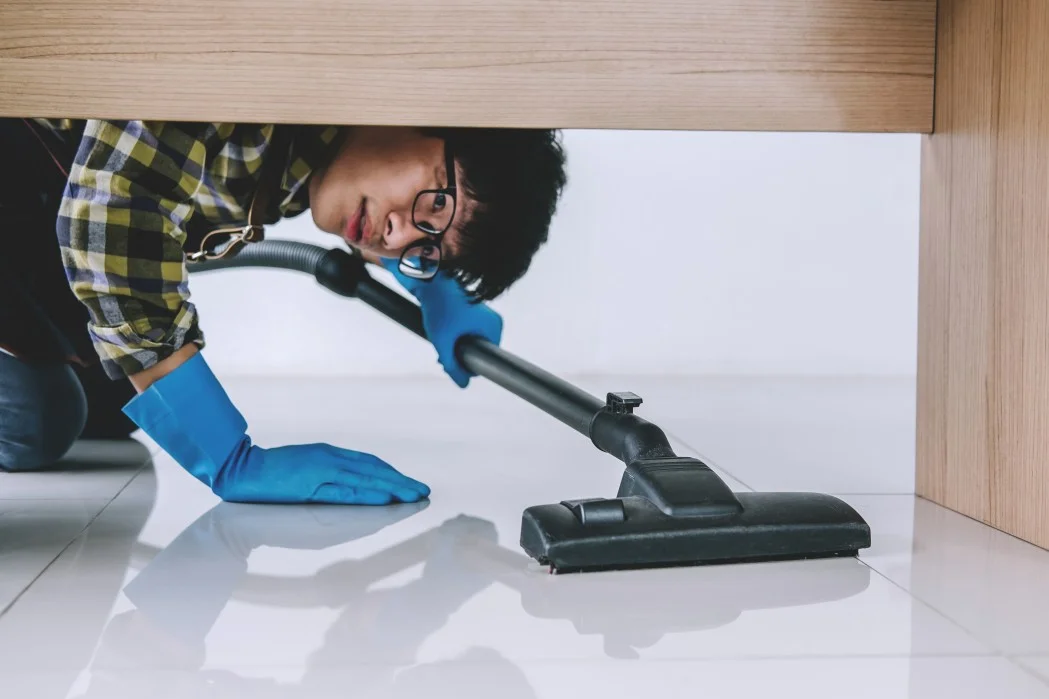














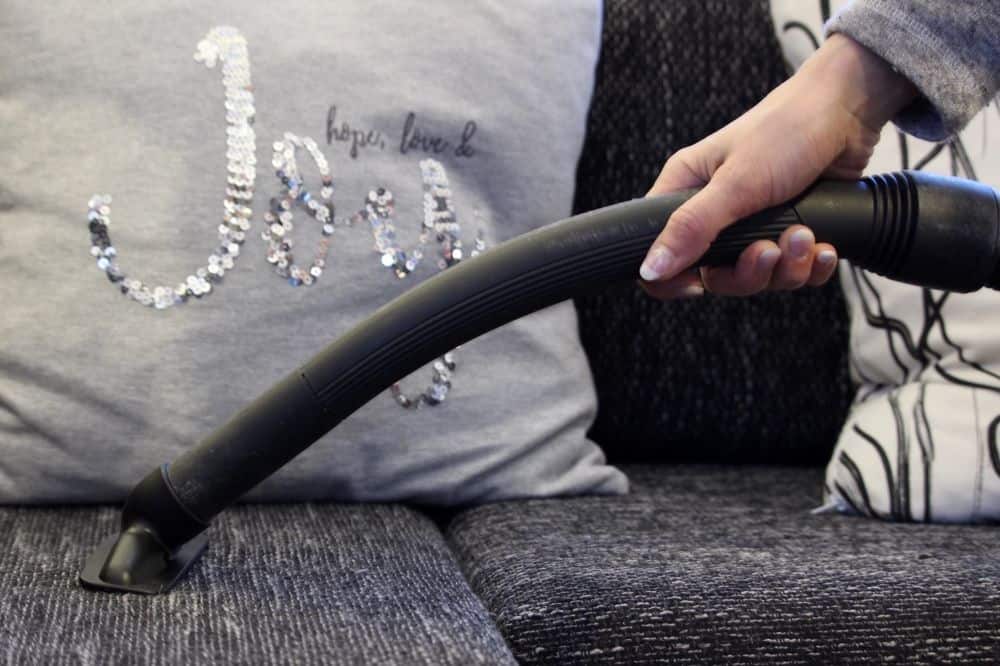
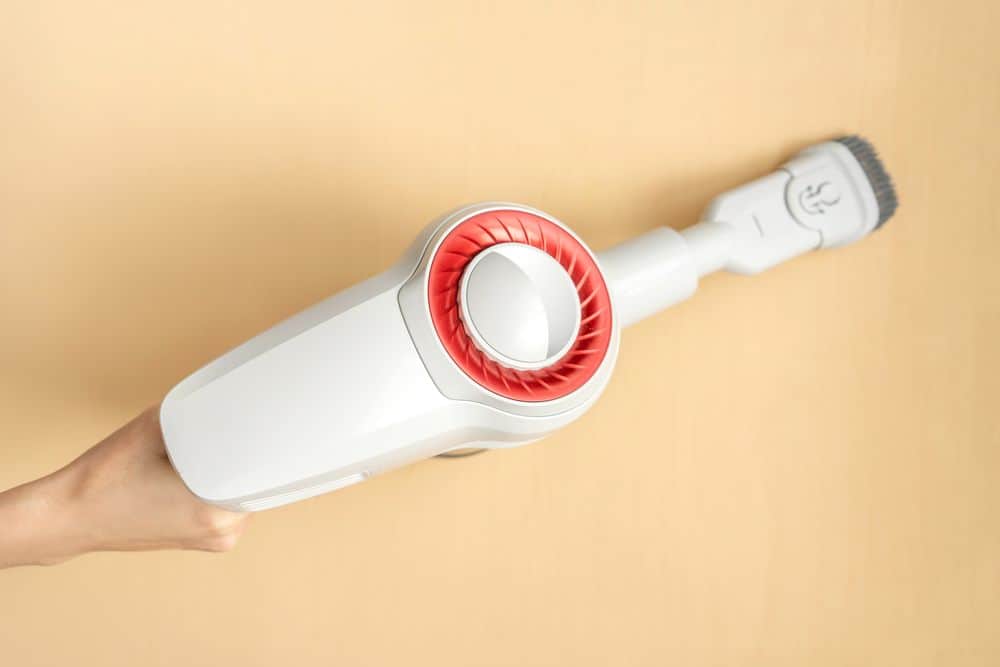
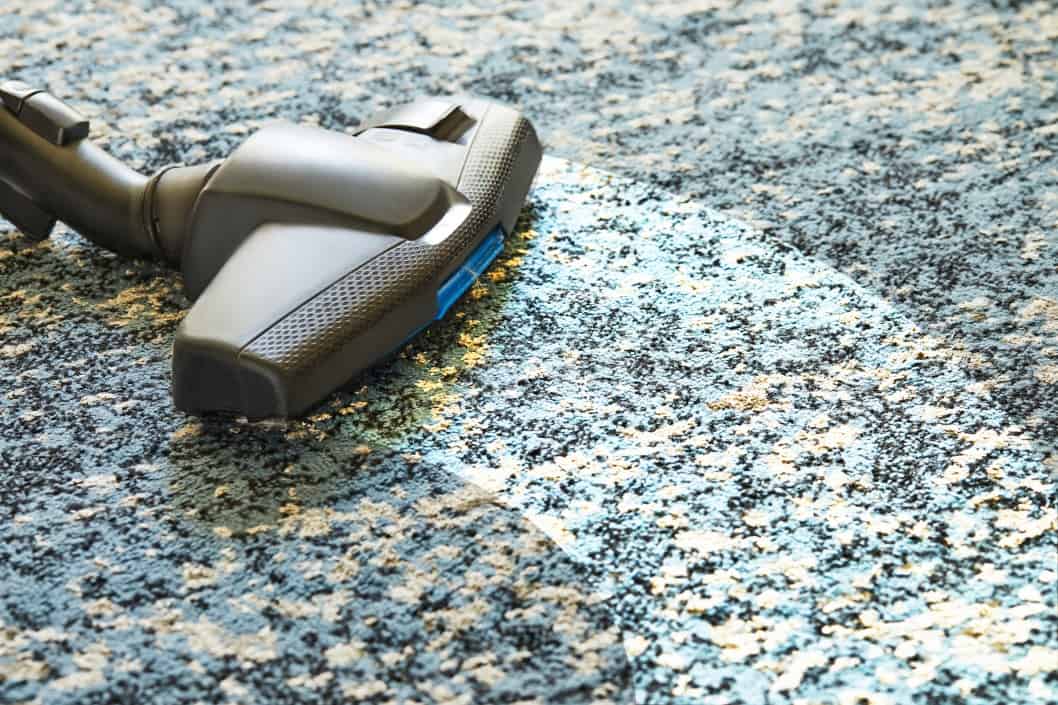
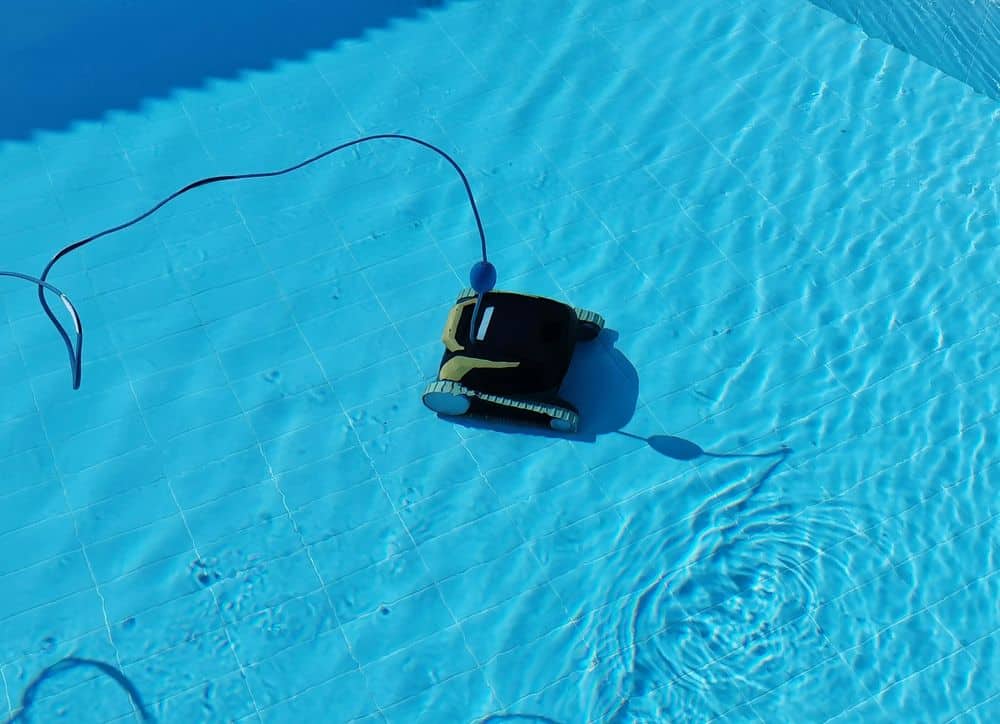
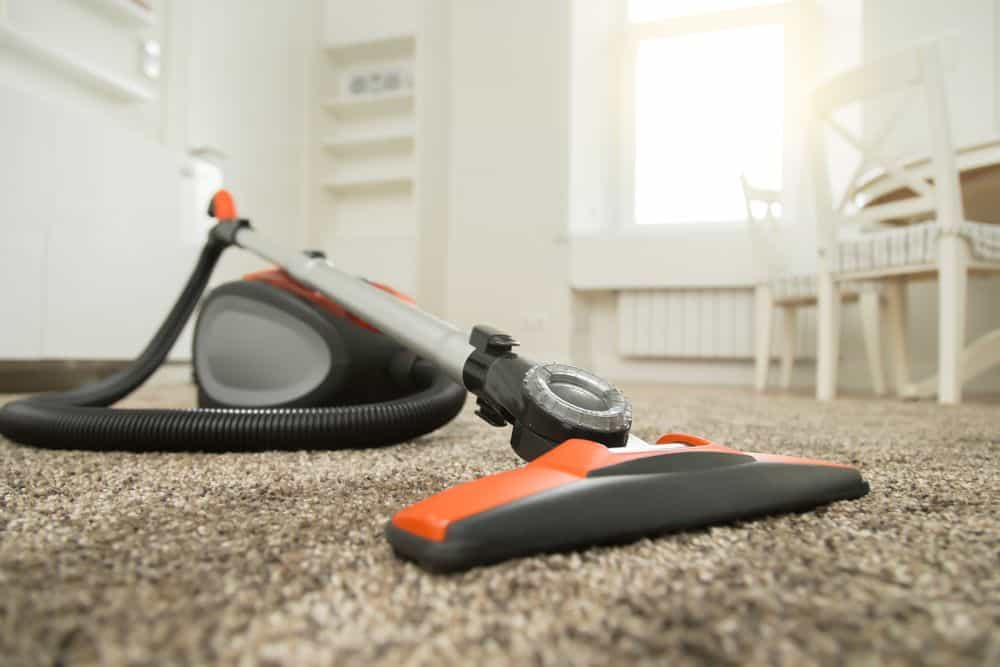



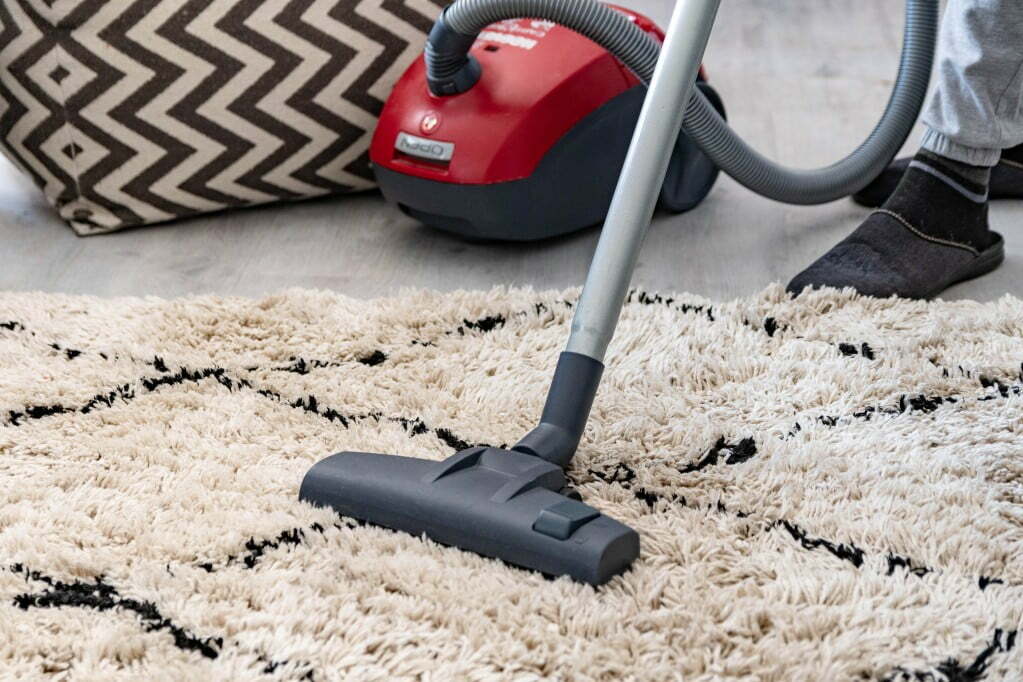
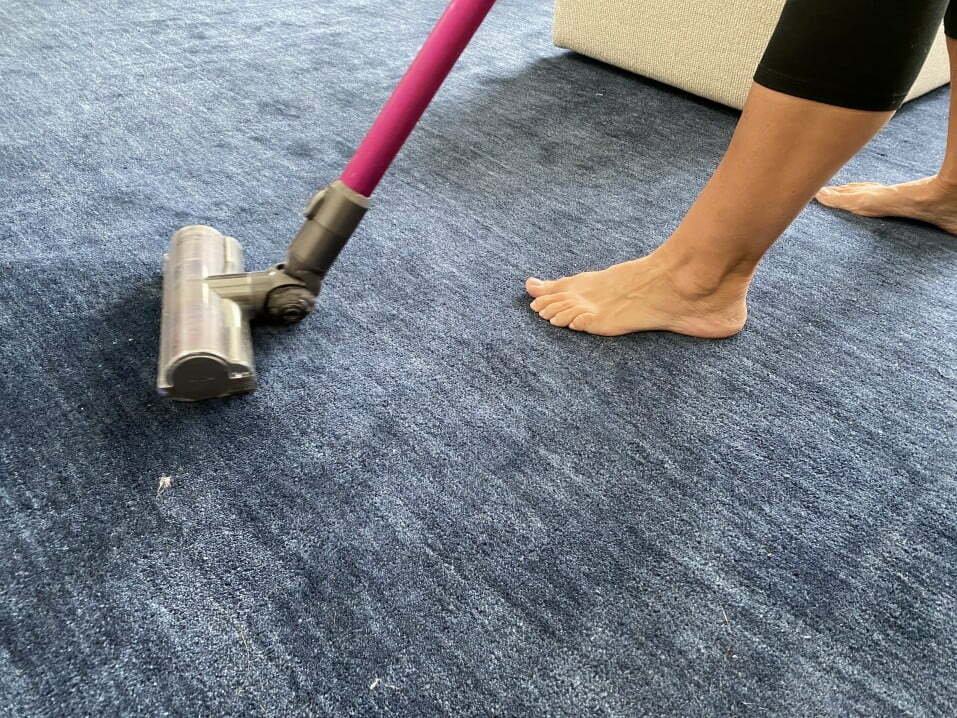

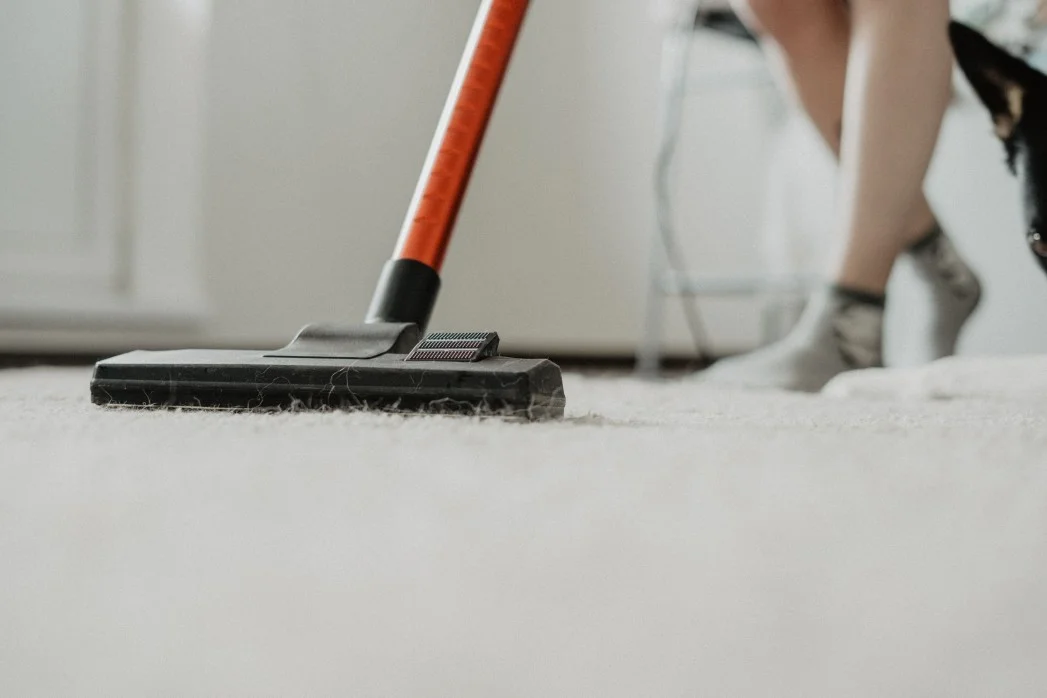


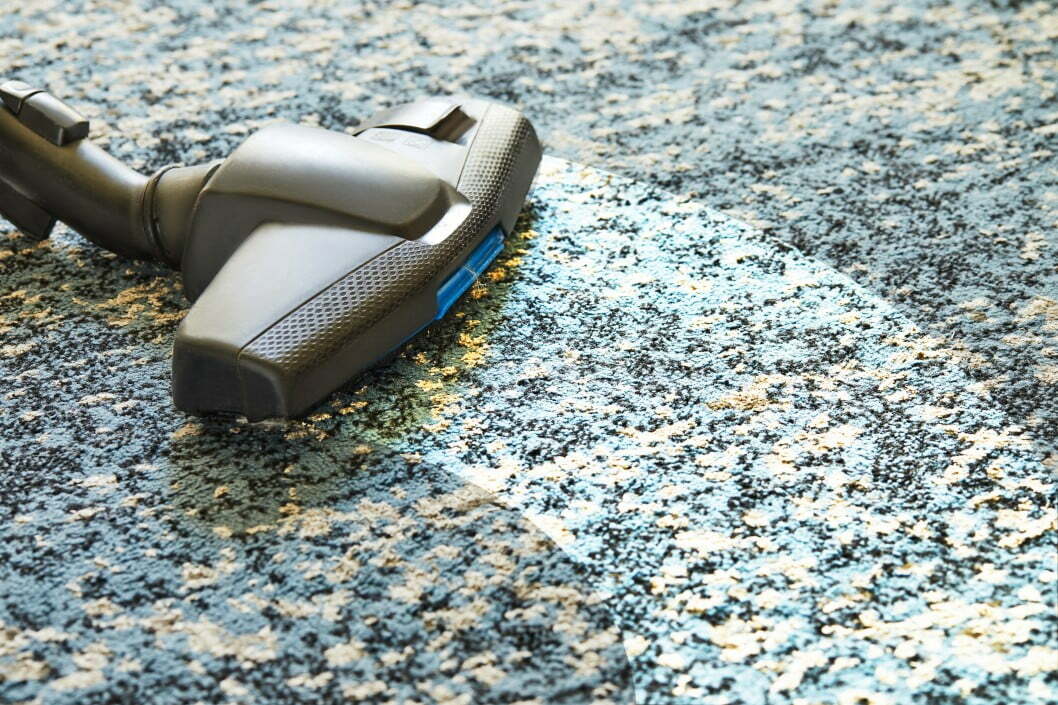

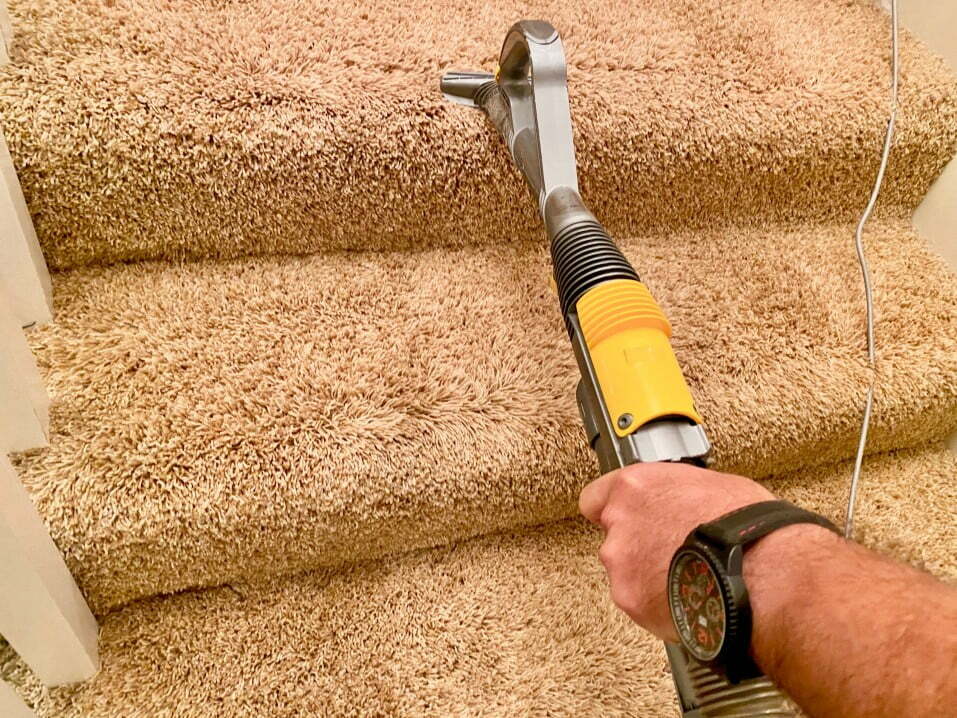

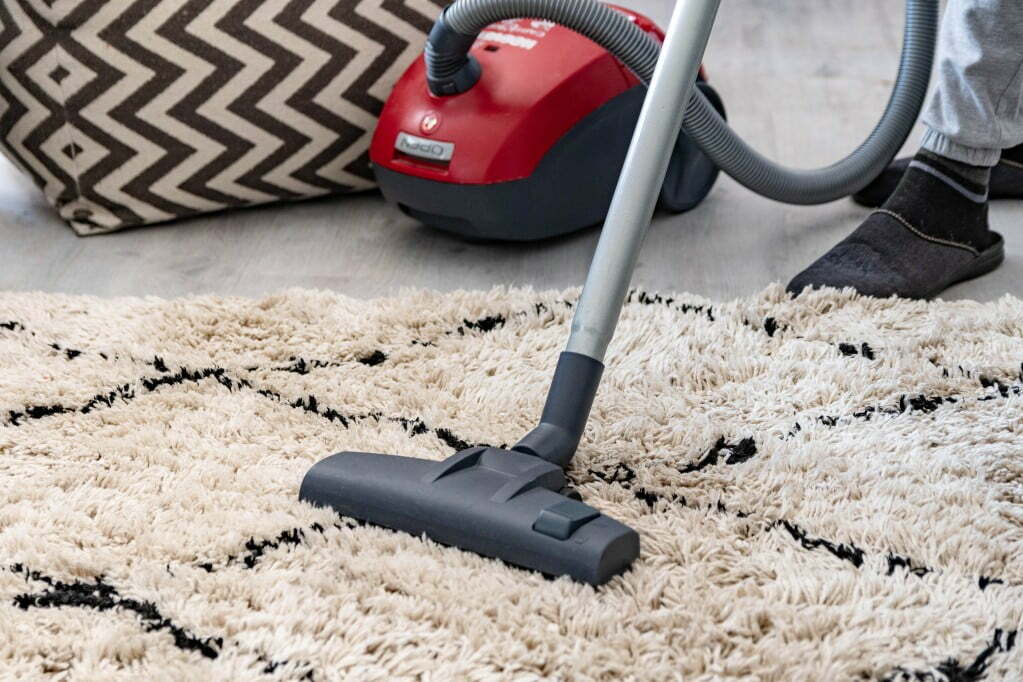
![Best Bissell Vacuum in [year] 27 Best Bissell Vacuum in 2025](https://www.gadgetreview.dev/wp-content/uploads/best-bissel-vacuum-image.jpg)
![Best Miele Vacuums in [year] 28 Best Miele Vacuums in 2025](https://www.gadgetreview.dev/wp-content/uploads/best-miele-vacuum-image.jpg)
![Best iRobot Vacuums in [year] 29 Best iRobot Vacuums in 2025](https://www.gadgetreview.dev/wp-content/uploads/best-irobot-vacuum-image.jpg)
![Best Vacuum with Retractable Cord in [year] 30 Best Vacuum with Retractable Cord in 2025](https://www.gadgetreview.dev/wp-content/uploads/best-vacuum-with-retractable-cord-image.jpg)
![Best Insurance for Home Appliances in [year] 31 Best Insurance for Home Appliances in 2025](https://www.gadgetreview.dev/wp-content/uploads/best-insurance-for-home-appliances.jpg)
![Best Insurance for Homeowners in [year] 32 Best Insurance for Homeowners in 2025](https://www.gadgetreview.dev/wp-content/uploads/best-insurance-for-homeowners.jpg)
![Best Self Propelled Vacuums in [year] 33 Best Self Propelled Vacuums in 2025](https://www.gadgetreview.dev/wp-content/uploads/best-self-propelled-vacuum-image.jpg)
![Best Commercial Leaf Vacuums in [year] 34 Best Commercial Leaf Vacuums in 2025](https://www.gadgetreview.dev/wp-content/uploads/best-commercial-leaf-vacuum-image.jpg)
![Best Vacuums for Cat Litter in [year] 35 Best Vacuums for Cat Litter in 2025](https://www.gadgetreview.dev/wp-content/uploads/best-vacuum-for-cat-litter-image.jpg)
![Best Robot Vacuums for Long Hair in [year] 36 Best Robot Vacuums for Long Hair in 2025](https://www.gadgetreview.dev/wp-content/uploads/best-robot-vacuum-for-long-hair-image.jpg.webp)
![Best Dyson Vacuum in [year] ([month] Reviews) 37 Best Dyson Vacuum in 2025 (April Reviews)](https://www.gadgetreview.dev/wp-content/uploads/Dyson-DC65-e1479509572460.jpg.webp)
![Best Dorm Vacuums in [year] 38 Best Dorm Vacuums in 2025](https://www.gadgetreview.dev/wp-content/uploads/best-dorm-vacuum-image.jpg)
![Best Vacuums for Fleas in [year] 39 Best Vacuums for Fleas in 2025](https://www.gadgetreview.dev/wp-content/uploads/best-vacuum-for-fleas-imagre.jpg)
![Best Robot Vacuum for Thick Carpet in [year] 40 Best Robot Vacuum for Thick Carpet in 2025](https://www.gadgetreview.dev/wp-content/uploads/roomba.jpg)
![Best RV Vacuums in [year] 41 Best RV Vacuums in 2025](https://www.gadgetreview.dev/wp-content/uploads/best-rv-vacuum-image.jpg)
![Best Vacuums for Apartment in [year] 42 Best Vacuums for Apartment in 2025](https://www.gadgetreview.dev/wp-content/uploads/best-vacuum-for-apartment-image.jpg)
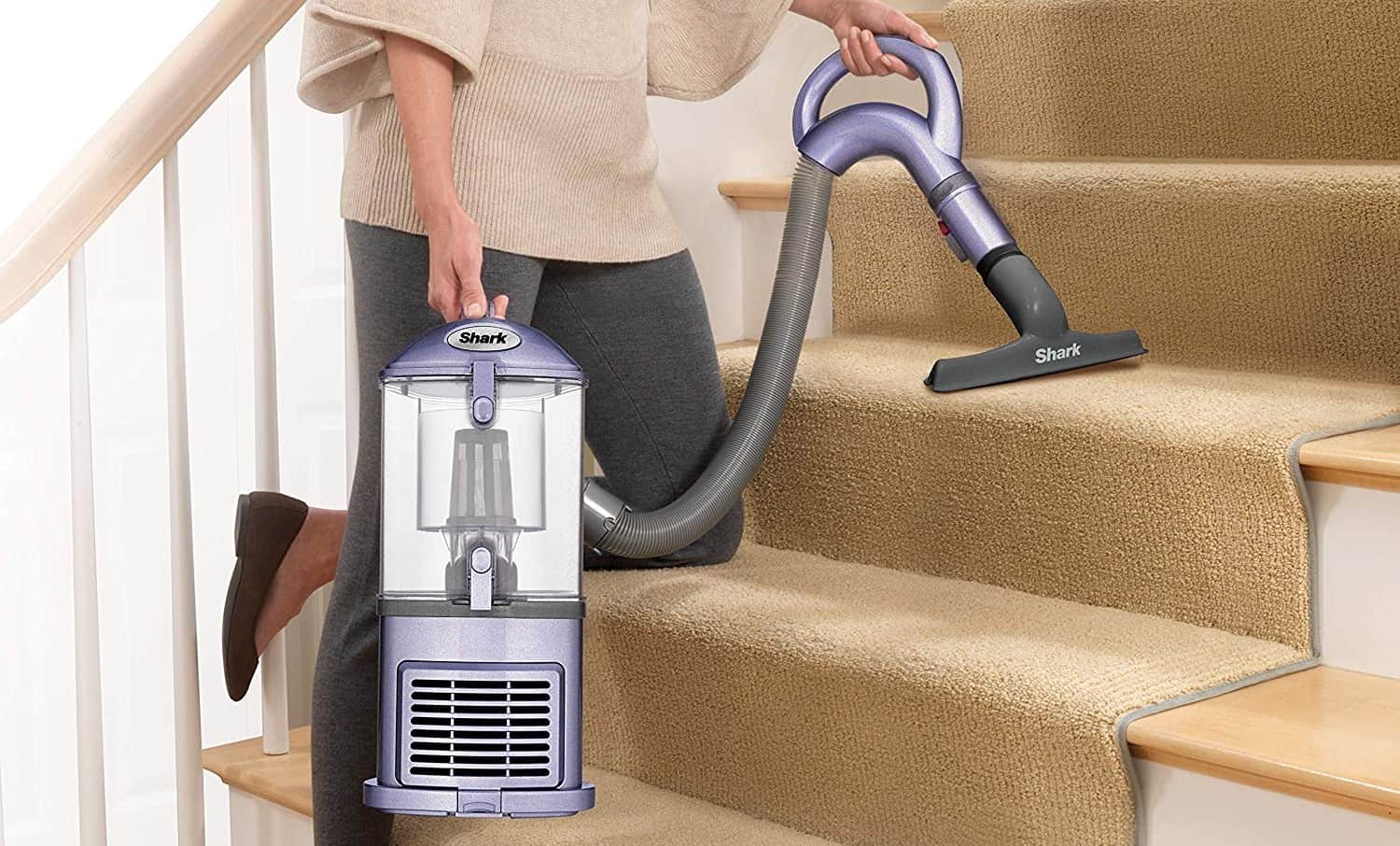
![Best HEPA Vacuums in [year] 44 Best HEPA Vacuums in 2025](https://www.gadgetreview.dev/wp-content/uploads/best-hepa-vacuum-image.jpg)
![Best Water Filtration Vacuums in [year] 45 Best Water Filtration Vacuums in 2025](https://www.gadgetreview.dev/wp-content/uploads/best-water-filtration-vacuum-image.jpg)
![Best Vacuums for Dust Mites in [year] 46 Best Vacuums for Dust Mites in 2025](https://www.gadgetreview.dev/wp-content/uploads/best-vacuum-for-dust-mites-image.jpg)

